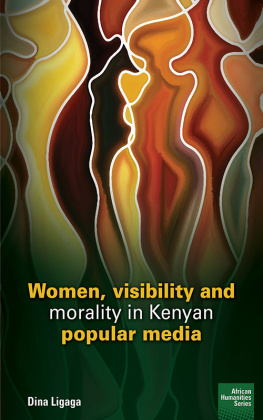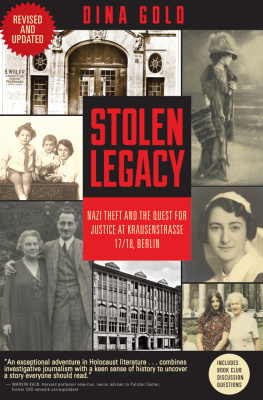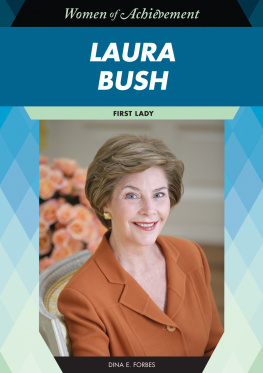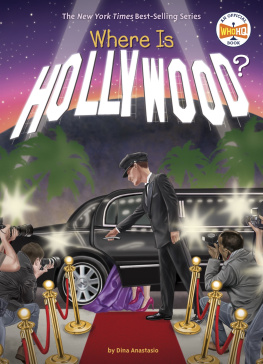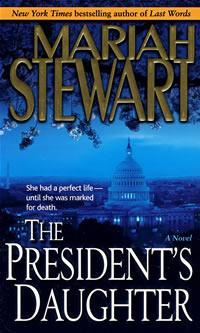Contents
Guide
Pagebreaks of the print version
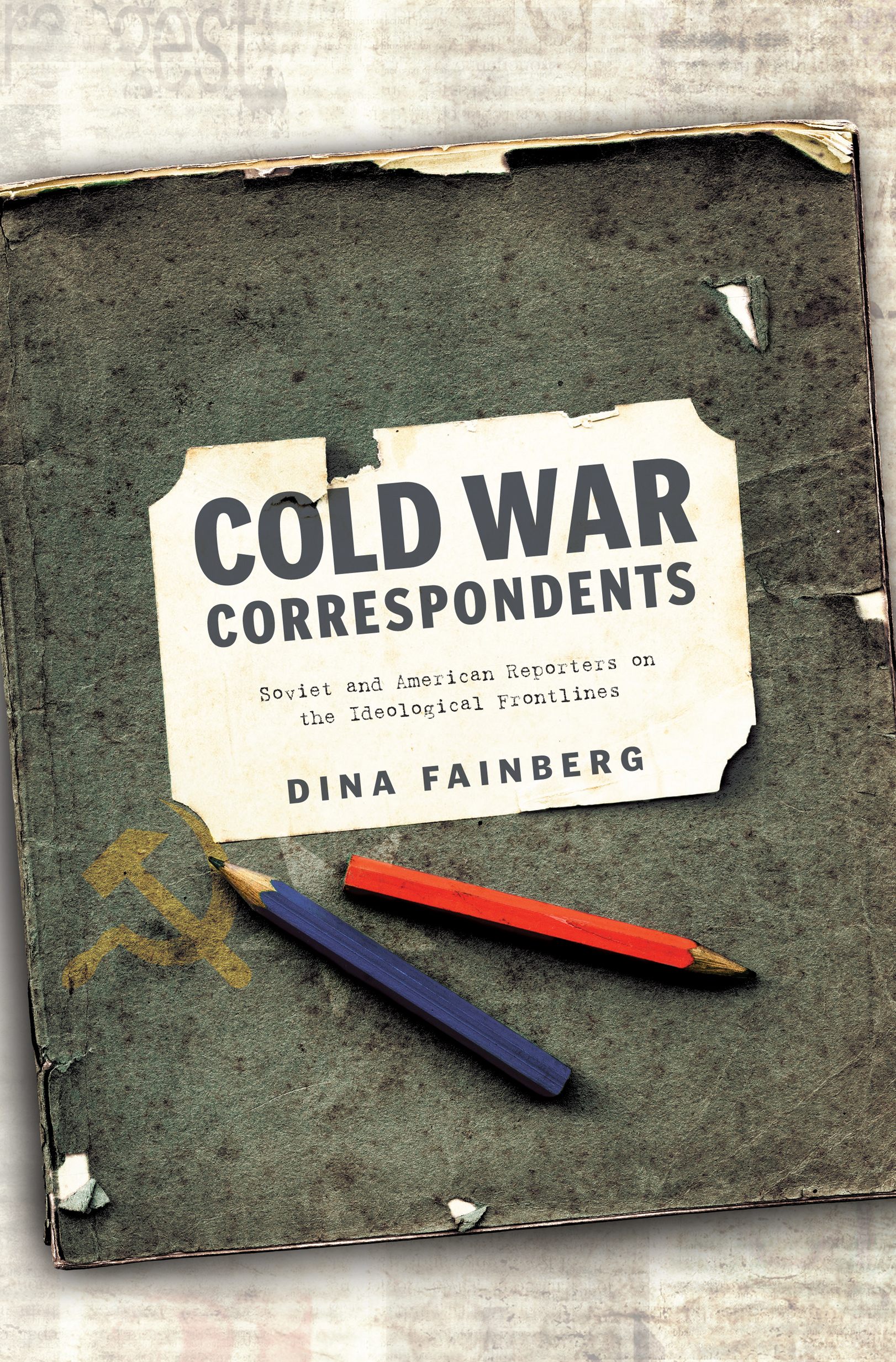
Cold War Correspondents
Cold War
Correspondents
Soviet and American Reporters on the Ideological Frontlines
DINA FAINBERG
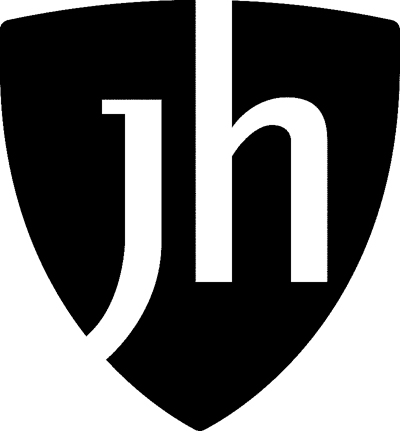
Johns Hopkins University Press
Baltimore
2020 Johns Hopkins University Press
All rights reserved. Published 2020
Printed in the United States of America on acid-free paper
2 4 6 8 9 7 5 3 1
Johns Hopkins University Press
2715 North Charles Street
Baltimore, Maryland 21218-4363
www .press .jhu .edu
Library of Congress Cataloging-in-Publication Data
Names: Fainberg, Dina, author.
Title: Cold War correspondents : Soviet and American reporters on the ideological frontlines / Dina Fainberg.
Description: Baltimore, MD : Johns Hopkins University Press, 2020. | Includes bibliographical references and index.
Identifiers: LCCN 2019045848 | ISBN 9781421438443 (hardcover) | ISBN 9781421438450 (ebook)
Subjects: LCSH: Foreign correspondentsUnited StatesHistory20th century. | Foreign correspondentsSoviet UnionHistory. | Foreign newsUnited StatesHistory20th century. | Foreign newsSoviet UnionHistory. | Cold WarPress coverageUnited States. | Cold WarPress coverageSoviet Union. | United StatesForeign public opinion, Soviet. | Soviet UnionForeign public opinion, American. | United StatesPolitics and government19451989Press coverage. | Soviet UnionPolitics and government19451991Press coverage.
Classification: LCC PN4888.F69 F35 2020 | DDC 071.4/332dc23
LC record available at https:// lccn .loc .gov /2019045848
A catalog record for this book is available from the British Library.
Special discounts are available for bulk purchases of this book. For more information, please contact Special Sales at .
Johns Hopkins University Press uses environmentally friendly book materials, including recycled text paper that is composed of at least 30 percent post-consumer waste, whenever possible.
For my parents, Evgenia Voronova and Boris Feinberg
For Zohar and Barak
CONTENTS
NOTE ON TRANSLITERATION
I follow the Library of Congress system of transliteration, with the exception of names that have a common spelling in English, such as Ehrenburg, Mikoyan, Gorky, or Sharansky. I refer to Soviet organizations and institutions either by their Russian names and acronyms (e.g., TASS, Agitprop, Pravda, Glavlit) or by their commonly used English-language terms (e.g., Writers Union, Central Committee).
Cold War Correspondents
INTRODUCTION
A Battle of Words
A few days after arriving in Moscow in 1949, Harrison Salisbury realized that covering the Soviet Union for the New York Timeswould be difficult, even for a seasoned foreign correspondent. Since Salisburys previous assignment in Moscow during the Second World War, there had been a sea change in Soviet treatment of American journalists. Mysterious men followed him everywhere, and Salisbury was certain that his room and office at the Hotel Metropol were bugged. He could not file a dispatch without getting clearance from Soviet censors, and journeying outside of Moscow required applying for a special permit, which could take months to obtain. In the Soviet press, vicious articles and cartoons accused foreign correspondents of spying for American aggressors, leading some journalists to fear Soviet entrapment. This sense of anxiety soon caught up with Salisbury. In his letters home, he described living as if under siege behind enemy lines and voiced his concern that he or a colleague might become the target of a Soviet spy fabrication.
Ivan Beglov had never been to a foreign country before 1949. That year, however, as he embarked on the long journey from Moscow to New York, Beglov knew how daunting it would be to head the US bureau of TASS (Telegraph Agency of the Soviet Union), the leading Soviet news agency.


